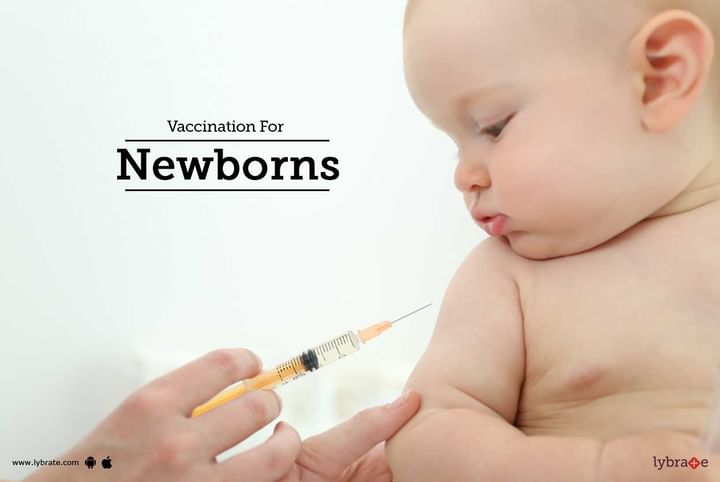Vaccination For Newborns
The immune system is extremely important in an individual's system. A strong immune system helps to combat the invasion of foreign particles and consequently resists the diseases. Vaccination is such a context becomes imperative as it strengthens an individual's immunity. In vaccination, antigens or germs are given in very small doses. They stimulate the immune system to produce antibodies to fight against that particular infection. Vaccinations are provided to both children to protect them from a number of diseases. However, different vaccinations are provided at different ages according to the susceptibility to diseases.
Some of the vaccinations that are provided to newborns are:
1. Hepatitis B vaccine: This vaccination is given in order to prevent the child from having Hepatitis B. Hepatitis B is a liver disease that if persists can lead to liver failure or even liver cancer. This vaccine must be injected immediately after the birth of the baby. The first dose must be followed by administering a second dose within a span of a month or two.
2. Rotavirus Vaccine (RV): This vaccine, taken orally, prevents the infant from Rotavirus. This virus causes vomiting and diarrhoea in children that often leads to severe dehydration. This vaccine is administered within two to four months of the baby's birth. Sometimes, on a doctor's prescription, a second dose may be necessary for the sixth month.
3. Acellular Pertussis Vaccine and Diphtheria and Tetanus Toxoids: This is a combination of various vaccines that protects the child from tetanus and diphtheria. Newborns are extremely prone to diphtheria that causes fatal illness and sometimes even deaths in children. This vaccination thereby, is extremely important and must be administered within two or four months and must be followed up with secondary doses later under the doctor's supervision.



+1.svg)
